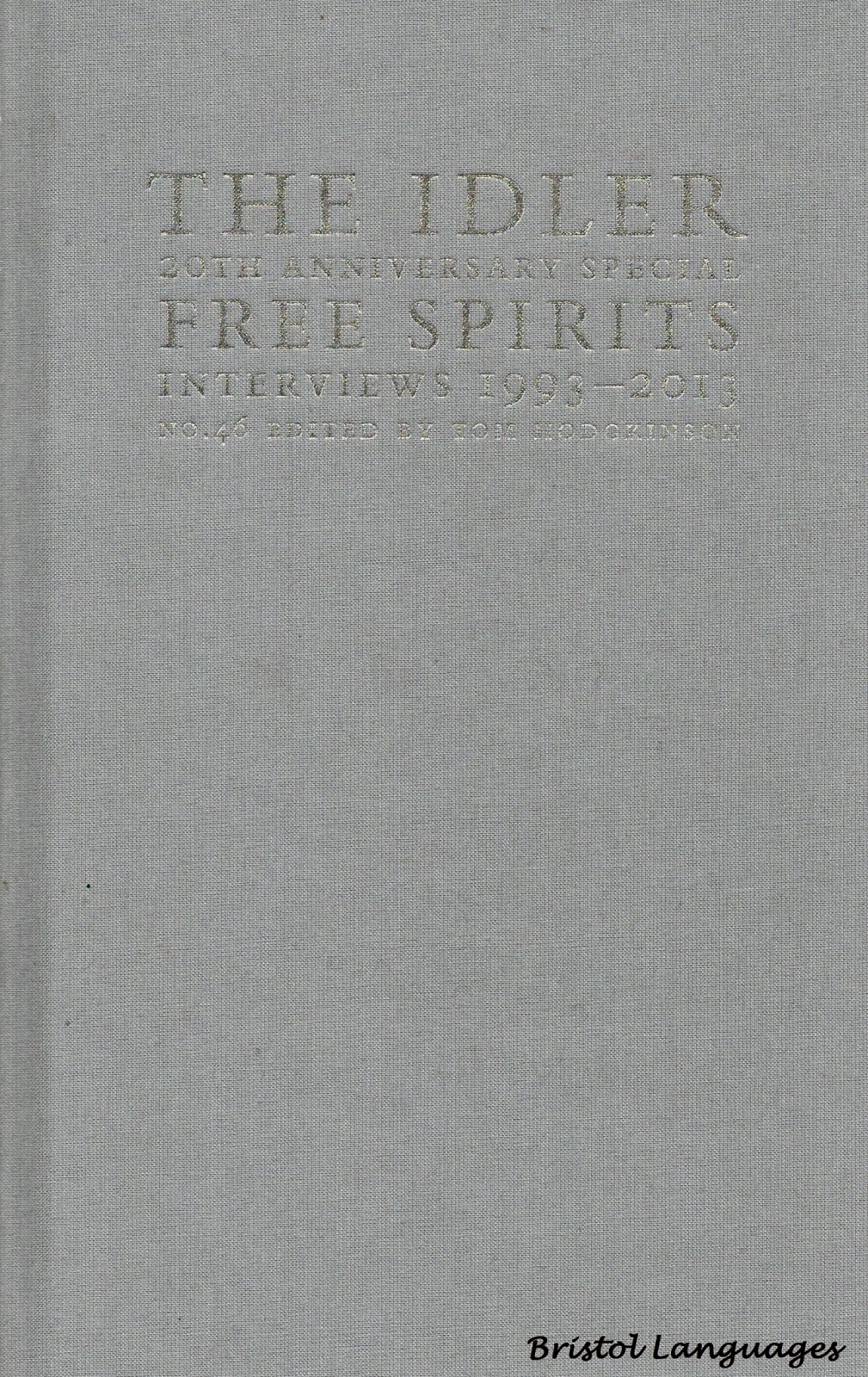A good traveller has no fixed plans
Lao Tzu, Tao Te Ching

Another interesting point Dan Kieran makes is that while travelling we should not rely on maps and travel guides in the form they are available today, as they control our travels instead of giving us the freedom to truly experience the place. As opposed to “Baedeker’s Guide to Great Britain” (by Karl Baedeker), which can guide us through our slow travels without assuming that we will only stay in one place (available on openlibrary.org). In relation to the above, Dan Kieran quotes a poem by Czech poet Miroslav Holub Brief Thoughts on Maps which I believe reflects Dan Kieran’s attitude to the named travelling tools:
Brief Thoughts on Maps
The young lieutenant of a small Hungarian detachment in the Alp
sent a reconnaissance unit out onto the icy wasteland.
It began to snow
immediately,
snowed for two days and the unit
did not return.
The lieutenant suffered:
he had dispatched
his own people to death.
But the third day the unit came back.
Where had they been? How had they made their way?
Yes, they said, we considered ourselves
lost and waited for the end. And then one of us
found a map in his pocket. That calmed us down.
We pitched camp, lasted out the snowstorm and then with the map
we discovered our bearings.
And here we are.
The lieutenant borrowed this remarkable map
and had a good look at it. It was not a map of the Alps
but of the Pyrenees.
Dan Kieran also explores other travel-related topics, such as the notion of time, nature, neuroscience or language. I found particularly interesting an extract on language, where the author outlines his thoughts on the idea of understanding a concept without having a word for it. He gives an example of the Hebrew word ‘tzedakah’ which means both ‘charity’ and ‘justice’ and there is no direct translation of it in English. The author argues that because ‘charity’ and ‘justice’ represent two different concepts for a native English-speaker, it might be impossible for him/her to understand the word on its own. And then we read the possible ‘solution’ in the form of travelling and having the time to notice the unfamiliar which enriches our understanding of the world.

I do not know if you are tempted to start slow travelling, but after reading the book, I know I am. It will take some time to get used to the idea of spending around 10 hours on the train(s) to get from London to Madrid instead of 2h30 on the plane, but then maybe my understanding of the notion of travel will be deeper and more meaningful. After all it will be a very different experience from the traditional ‘holiday-making’.
Reference:
Ann Hood, “In Search of Miracles”, Traveler’s Tales: Pilgrimage. Adventures of The Spirit, edit. by Sean O-Reilly and James O’Reilly, San Francisco, 2000, p. 28-50.
Written by Kinga Macalla
Edited by Alicja Zajdel
Photos courtesy of Kinga Macalla